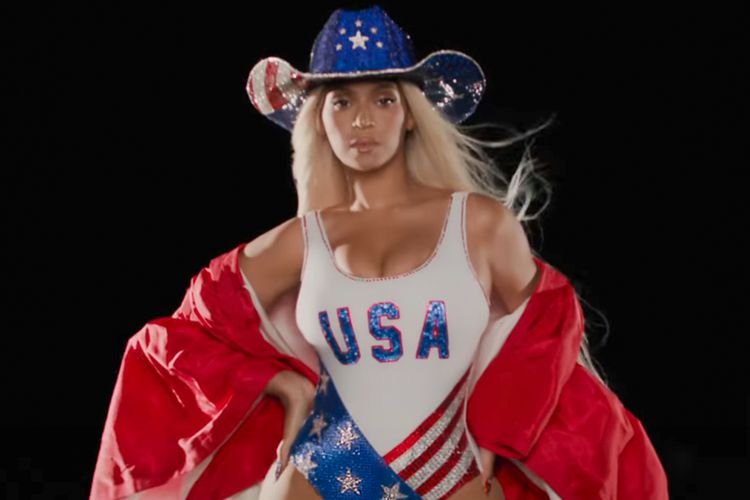With former President Donald Trump returning to the White House, NATO nations are reflecting worriedly on what the future holds and on just how much they can count on the biggest player in the alliance now that a prominent skeptic will return to the helm.
Trump has repeatedly criticized the alliance and had discussed withdrawing the United States from NATO while in office, senior administration officials told The New York Times in 2019.
Experts say that although Trump is perhaps unlikely to pull the U.S. out of NATO, the coming years will be challenging for the alliance, not least because many countries have failed to prepare for Trump's triumphant comeback. The spotlight will fall on how Europe handles its security in the face of less certain U.S. backing and who takes charge of funneling aid into Ukraine.
"It's a bad surprise for most governments in Europe," former NATO official Edward Hunter Christie told Newsweek. "European policymakers feared—and they never concealed it—they feared the prospect of a second Trump presidency."
In February, Trump said he would "encourage" Russia to launch attacks on any NATO countries he said were falling short of financial commitments to the alliance. The Biden administration denounced the remarks as "appalling and unhinged."
Then-NATO chief Jens Stoltenberg said at the time that any suggestion that "allies will not defend each other undermines all of our security."
"I expect that regardless of who wins the presidential election, the U.S. will remain a strong and committed NATO ally," Stoltenberg said.

"Trump has been very consistent for literally decades that he thinks that America's allies are freeloaders and free riders on America's protection," Hunter Christie told Newsweek.
"I think it's rational to expect Trump, pretty quickly after he's inaugurated, to start asking Europeans to spend a lot more on defense," he argued, and this may not stop at the 2 percent mark.
Member countries have a defense-spending target of approximately 2 percent of their gross domestic product (GDP), although this is a guideline, and many countries do not reach this threshold.
European NATO members have been pushing to increase defense spending and hit this benchmark in recent years. The U.S. has historically provided many expensive military capabilities and the alliance's main nuclear deterrent.
"It's going to be a rough ride and a scary ride, from the perspective of America's commitment to European defense, it's going to to be a rough ride for American assistance to Ukraine," Hunter Christie said.
On Wednesday, Polish Foreign Minister Radoslaw Sikorski said that Europe "urgently needs to take more responsibility for its security." Warsaw announced in the summer it would spend five percent of its GDP on defense in 2025.
Russia launched its all-out invasion of Ukraine after Trump left office, and he has said he would cut U.S. military aid to Ukraine if reelected. He has repeatedly said he would halt the conflict within 24 hours of walking back into the Oval Office.
"The immediate crisis within Europe will be how to continue diplomatic, military and humanitarian support to Ukraine without the U.S.," said Ed Arnold, a senior research fellow for European security at the United Kingdom-based Royal United Services Institute think tank.
"If Trump does want to negotiate with Russia to end the war on his first day, which is the third week in January, then Europeans need to get together to work out how they would potentially manage that," Arnold separately told Newsweek.
"This would be sort of the first test of a change in U.S. policy, which will have knock-on and compounding effects for NATO over the next four years," he added.
Those supporting Ukraine's war effort inside the country and elsewhere in NATO have long been anxious over what a second Trump presidency could mean for Kyiv after Republican-led delays in approving military aid at the start of 2024. Kyiv officials said the blockages in weapons and supplies arriving on the battlefield stymied its military pushes.
"Most people expect, or at least fear, that Trump probably will slow down and eventually just stop, or significantly reduce, U.S. military assistance to Ukraine, which will put Europeans in an almost impossible situation, similar to what we had earlier this year when aid was blocked by Congress," Hunter Christie said.
U.S. military aid is hugely important to Kyiv, and European nations will likely struggle to support Ukraine's grinding effort without Washington.
Professor Michael Clarke, a former director-general of RUSI, said on Wednesday that "very sadly, NATO and the West seem to be Iining themselves up for the betrayal of Ukraine."
"Not inevitable but increasingly likely," Clarke said in a post to X, formerly Twitter.
Experts say the preparation from many European NATO nations simply wasn't there. Dynamics on the continent may change, too—traditionally dominant Western European nations may be challenged for dominance by the Eastern Bloc, which is pouring resources into the military.
"Governments of every European nation have repeatedly failed to prepare and sustain their defences for the last 30 years," Emma Salisbury, an associate fellow at the U.K.-based Council on Geostrategy think tank, said in a statement on social media.
"Whatever America's future in NATO looks like, other member states need to take their own defense seriously," Salisbury said in separate remarks to Newsweek.
"There have been so many missed opportunities over decades to fix problems and invest properly in the security of Europe. We must now hope that our governments will act—better late than never."
Arnold said: "I think they're very worried, but they've only really got themselves to blame. Time is ticking."




















 English (US) ·
English (US) ·